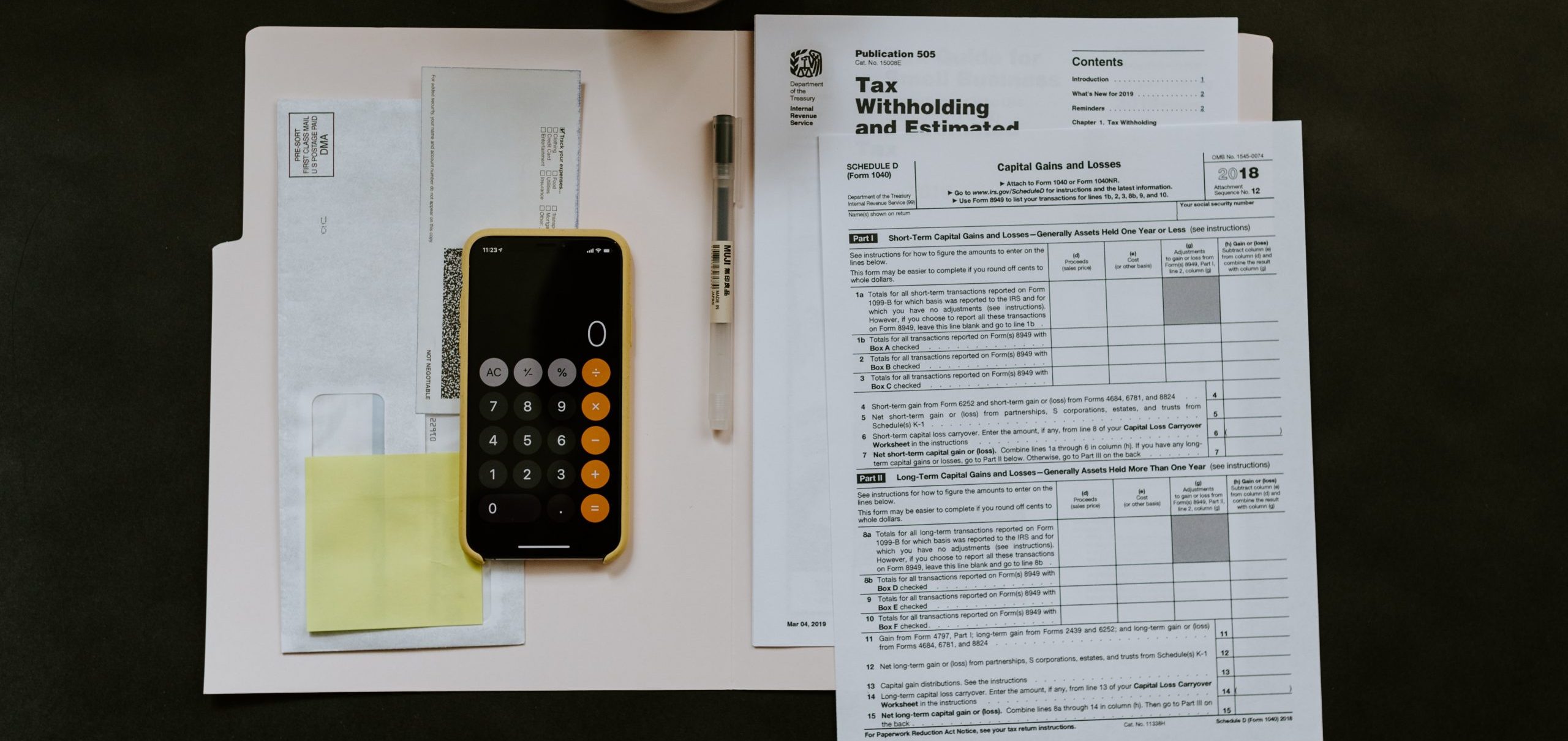Some legal issues about the time limit in the first-instance civil judgment appeal

1. What is an appeal?
In the process of settling civil disputes, commercial business, marriage and family, labor…. (hereinafter collectively referred to as the Civil Judgment to distinguish it from the Criminal and Administrative Judgment) At the People’s Court, if the parties cannot reach an agreement on the settlement of the case and the case is not suspended in accordance with law, the first-instance trial panel will open a court hearing and resolve the case. resolve the dispute by the judgment of first instance. In case the involved parties in the case disagree with part or all of the contents which have been considered and decided in the judgment, they have the right to appeal within 15 days from the date the first-instance trial panel pronounces the judgment. judgment or from the date the judgment was served – if absent from the first instance hearing.
Currently, there is no unified legal concept of “Appeal”, but it is understood as a procedural act of the involved parties in the case, expressing disagreement or disapproval of the decision of the Trial Panel. the first-instance court’s judgment and propose the appellate trial panel to reconsider part or the whole of the first-instance judgment which has been pronounced but has not yet taken legal effect.
2. Appeal procedure and time limit for appeal
Procedures for appealing against the first-instance judgment are prescribed in Chapter XV, Chapter VI and Chapter XVII, the third part of the Civil Procedure Code 2015. However, during the overdue appeal settlement process, a Some procedures do not have a specific time limit, causing some courts to delay promulgating procedural documents, prolonging the time to settle the case, and affecting the legitimate rights and interests of the involved parties. Specifically:
– Article 274 of the 2015 Civil Procedure Code provides for procedures for examining appeals of first-instance courts. Accordingly, after receiving the appeal, the Court must consider whether the application is valid as prescribed in Article 272? Is the deadline correct? If the content and form of the petition is incorrect, the court shall request the appellant to re-do or amend or supplement the appeal petition. If the appeal is past the time limit specified in Article 273, the Court will require the appellant to clearly state the reasons and present documents and evidences (if any) to prove the reason for filing the overdue appeal is justifiable. However, the Procedural Code does not specify how long this procedure should be resolved, specifically how many days it can only be based on Form No. 57-DS (Issued together with Resolution No. 01/2017/NQ-HDTP dated January 13, 2017 of the Council of Judges of the Supreme People’s Court) on the notice on the request to present the reasons for the overdue appeal to determine the time limit for explaining the overdue appeal is 05 working days from the date of receiving the notice of the court.
– Clause 1, Article 275 provides for the settlement of an overdue appeal: “An appeal beyond the time limit specified in Article 273 of this Code is an overdue appeal. After receiving the overdue appeal, the first-instance court must send the appeal petition, the appellant’s report on the reason for the overdue appeal and documents and evidences (if any) to the appellate court. judge”. However, the civil code also does not specify the time limit for the first-instance court to transfer the overdue application and appeal file to the people’s court of appeal.
– Clause 1, Article 277 stipulates that the Court must immediately notify the People’s Procuracy of the same level and the involved parties in the case of the appeal, enclosed with a copy of the appeal, additional documents and evidences that are not included in the appeal. the appellant shall enclose the appeal. Although there is a regulation that “must immediately notify in writing” of the litigants’ appeal, the specific time to issue the notice is not regulated by the law. Therefore, the regulation to notify about the appeal, despite the urgent and urgent request compared to other procedures, is not meaningful and ineffective when there is no basis for comparison. , evaluate.
– Clause 1, Article 285 stipulates the acceptance of the case for appellate trial: “Immediately after receiving the case file, appeal, protest and accompanying documents and evidences, the appellate court must in the record book”. However, from Chapter XV to Chapter XVI, there is no regulation on how long the first-instance court must complete the case file at the first-instance stage? How many days does it take for the first instance court to transfer the file to the appellate court?
Above are some typical procedural procedures, which are mandatory to perform during the litigants’ appeal and the first-instance People’s Courts carry out the review and preparation procedures for the review of the first-instance judgments. . There are many objective reasons that delay the first instance court in carrying out the procedures such as the large workload, the judge in charge has not yet reviewed and prepared the documents; The case has many involved parties, the posting and delivery of procedural documents requires a lot of time; Due to natural disasters or epidemics…. Besides, due to many subjective reasons or intentionally prolonging the implementation of legal proceedings to create conditions for one of the parties to change the current status of the dispute, creating create new disputes or build evidence in favor of one party… In fact, there are many cases where, after many months from the time of appeal, the litigants are only completed by the first-instance court. legal proceedings and documents for transfer to the appellate level. During this time, the case may have arisen many new circumstances unfavorable to one or more parties to the dispute; Increased damage to the litigant such as in disputes requiring interest calculation; Property may be damaged, damaged, or altered in its current state; Seasonality or fluctuations in the value of the disputed property….
Therefore, in the author’s opinion, the Civil Procedure Code needs to stipulate specific and strict procedural deadlines for all procedures and procedural stages so that court officials and judges have the opportunity to do so. Department quickly and promptly implement; The involved parties have grounds to monitor and propose to protect the litigants’ legitimate rights and interests in the case; Accelerate the settlement of disputes and prevent adverse factors that may arise, minimize the influence and negative impacts of disputes on society and litigants.
Above is Khoa Tin‘s advice on “Some legal issues about the time limit in appealing the first-instance civil judgment”.
In case customers have unclear issues or need to discuss further, please call us immediately at 0983.533.005 for a free consultation.
Best regards./.
Latest news










